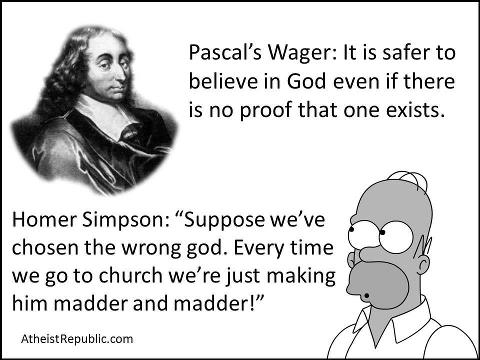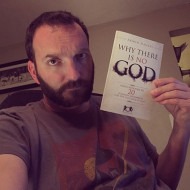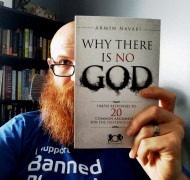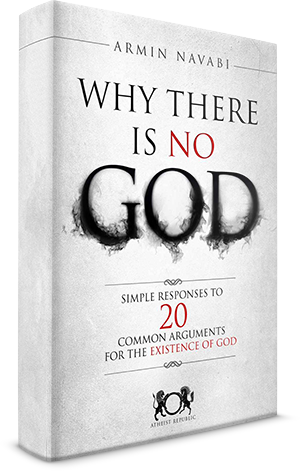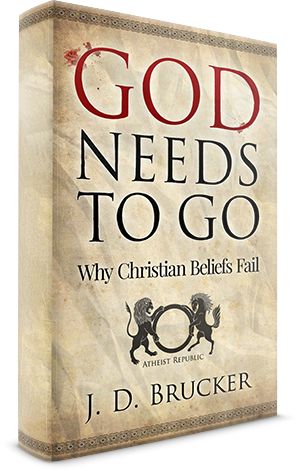
What If You’re Wrong
One of the most popular arguments theists like to use is Pascal’s Wager. This argument asserts belief in “God” should be viewed as a bet whereby one must speculate on the potential pros and cons of the outcome. “Let us weigh the gain and the loss in wagering that God is. Let us estimate these two chances. If you gain, you gain all; if you lose, you lose nothing.” There are several problems with this argument.
The Many Gods Objection
The most obvious problem with the wager is that it proposes a false dichotomy fallacy. The individual making the bet is given only two options, “God” or “No God.” But there are other options, namely all the other gods.
Blaise Pascal was a Christian, a point apparently lost on the Muslims who use this argument. The Muslim making this bet stands the same chance of burning in a Christian hell as the Jew has of being reincarnated as an oak tree for failing to follow the teachings of Buddha. Most religions don’t allow for choosing multiple religions just in case the believer’s primary religion got it wrong. Even if there is a god and someone bets on a belief in a particular god, they stand a pretty good chance of betting on the wrong god.
Lose Nothing?
The wager hinges on the prospect that one loses nothing by believing, but this is not the case. I could believe in any number of religions, but in doing so without justifiable evidence, I would lose my standard of belief—evidence. In losing this standard, I would then be just as susceptible to any religion. In theory, I would lose the ability of having any single religious belief because each would be just as valid as the next. This would render me something of a schizophrenic with multiple contradicting beliefs just in case any single one of them might be right.
I would also lose the ability to think for myself. If I believed in a god that created Adam and Eve, created fossils as a test and tortures people in a scorching inferno for failing the test—I surrender the ability to weigh the evidence for evolution myself. If I believe in a god who hates gays, considers women inferior or wants blasphemers and apostates executed, I surrender the ability to weigh those issues for myself.
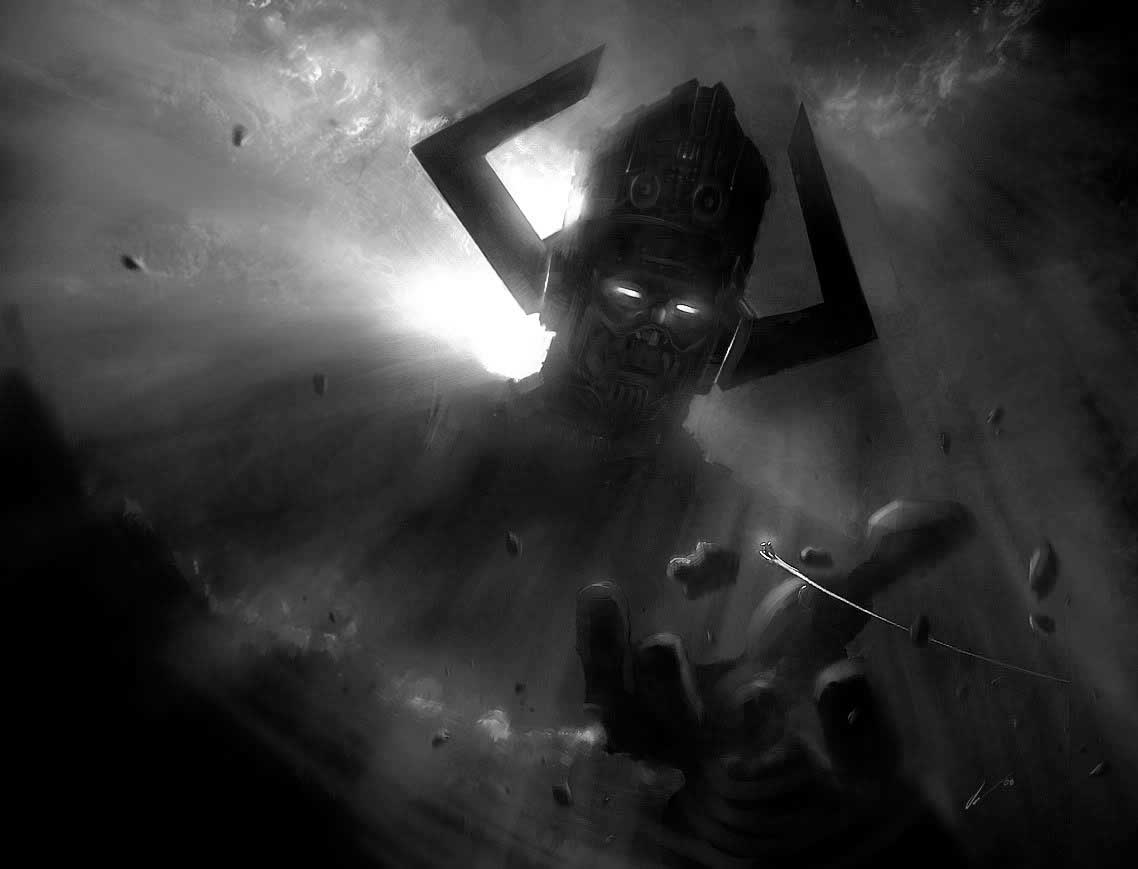 I might just as well build a bunker in my backyard and stockpile weapons just in case there’s an upcoming zombie apocalypse. Or what if there is an evil army of crab people living under the surface awaiting their chance to take over the earth? What if Galactus is on his way to devour the planet? What if, what if, what if. This is the same kind of thinking which led members of the Heaven’s Gate cult to commit suicide in preparation for the UFO hiding behind Haley’s Comet. But who are we to judge? They could have been right. Better safe than sorry, right?
I might just as well build a bunker in my backyard and stockpile weapons just in case there’s an upcoming zombie apocalypse. Or what if there is an evil army of crab people living under the surface awaiting their chance to take over the earth? What if Galactus is on his way to devour the planet? What if, what if, what if. This is the same kind of thinking which led members of the Heaven’s Gate cult to commit suicide in preparation for the UFO hiding behind Haley’s Comet. But who are we to judge? They could have been right. Better safe than sorry, right?
Choosing to Believe in an Idiot God
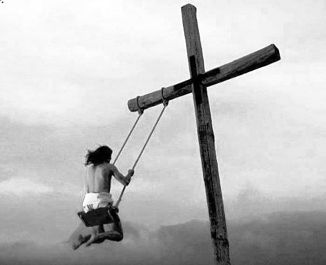 The biggest problem I see with the wager is that it assumes belief is choice. Religion X might have it right so I’ll choose to believe the claims of religion X. This is utterly preposterous. I can no more choose to believe the claims of Islam, Christianity or any religion than I can choose to believe in Santa. I’m either convinced or I’m not.
The biggest problem I see with the wager is that it assumes belief is choice. Religion X might have it right so I’ll choose to believe the claims of religion X. This is utterly preposterous. I can no more choose to believe the claims of Islam, Christianity or any religion than I can choose to believe in Santa. I’m either convinced or I’m not.
The argument also assumes choosing to believe just in case would be belief enough to warrant the rewards of believing is said god. This renders the god in question a complete idiot who doesn’t know or doesn’t care that I was just faking belief on the off chance it actually existed. I propose even if such an entity existed, it doesn’t even come close to qualifying as what humans would consider a god.
Theists should save themselves the embarrassment and just stop using this heavily flawed argument. It was published posthumously and so with all the flaws that have been pointed out, it is doubtful Pascal himself would have stood by the argument. Voltaire and just about every other philosopher of the past few hundred years since Pascal has considered it absurd, and so should anyone else with a 3-digit IQ. Then again, maybe crab people really are planning to destroy us all.

